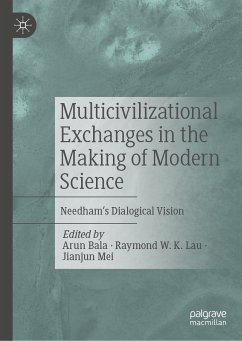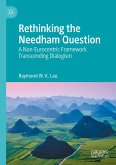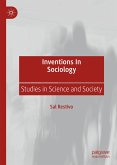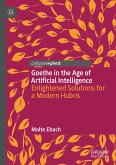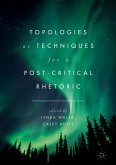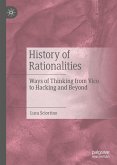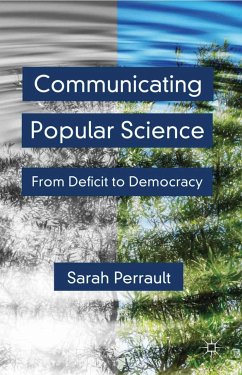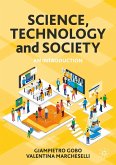Arun Bala is a physicist and philosopher of science. He is the author and editor of multiple books, including Complementarity Beyond Physics (2017) and Asia, Europe and the Emergence of Modern Science (2012). He is Director (Research) with Joseph Needham Foundation for Science and Civilization, and a Visiting Scholar with the Institute of History and Philosophy of Science and Technology in University of Toronto.
Raymond W. K. Lau is a sociologist by training. His research interests focus on ancient Chinese thoughts and comparative intellectual developments. He retired as full professor of sociology from the Open University of Hong Kong, and now serves as a Visiting Senior Research Fellow at the Hong Kong Shue Yan University as well as senior advisor to The Joseph Needham Foundation for Science and Civilization.
Jianjun Mei is an archaeo-metallurgist, specializing in the origins and role of metallurgy in Early China, and cultural interactions between China and the West. He is President of the International Society for the History of East Asian Science, Technology and Medicine, and Director of the Needham Research Institute.
Dieser Download kann aus rechtlichen Gründen nur mit Rechnungsadresse in A, B, BG, CY, CZ, D, DK, EW, E, FIN, F, GR, HR, H, IRL, I, LT, L, LR, M, NL, PL, P, R, S, SLO, SK ausgeliefert werden.

